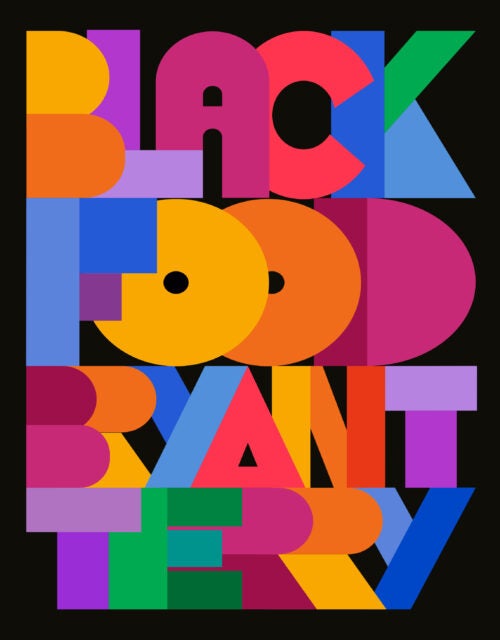










I always see beauty in eating the traditional staples of my homeland, Sierra Leone. I know that every part of the meal is created to produce the most robust of flavors while limiting waste. Whether nourishing, healing, cleansing, or refreshing, my food legacy is one of complete sustenance. Sweet potato leaves are one of the many green leaves, known collectively as plasas, that are prepared and cooked in Sierra Leone as well as across West Africa. As African as you can get, sweet potato leaves signify the transformation of simple ingredients into a wholesome and delicious meal, reminding us as Africans that we shall never lack. In our Krio language it’s known as petehteh leaf, not to be confused with other potato leaves, some of which are inedible and poisonous.
Growing up I assumed the potato leaves we ate came from the humble potato, so visiting my father’s farmland and discovering that they were attached to a sweet potato came as a pleasant surprise. When eating good potato leaves we say in Krio, “di petehteh leaves e sweet.” Omitting the very word that embraces the sentiment to this delicious dish always has me wondering why we don’t start calling them sweet potato leaves. They are not as adored as our other staple tuber leaf and national dish, cassava leaves, but they are just as delicious.
4 servings
- If using dried beans, soak them overnight in cold water. Add 1 tablespoon of the salt to the water. The next day, drain the water from the beans and rinse. Place the beans in a medium-size pot and add enough cold water to cover along with the remaining 2 teaspoons salt. Bring to a boil and cook at a vigorous simmer for 40 to 60 minutes or until the beans are soft. Drain and rinse with cold water and set aside.
- Coarsely chop 1½ of the onions and add to a food processor along with the chiles and ogiri and process until the mixture has reached a medium-smooth consistency. Transfer to a medium-size pot along with the water and oil and bring to a boil on high heat for 6 to 7 minutes or until the onions become translucent. (The ogiri has quite a pungent smell as you cook it, but the smell will recede a bit.)
- Lower the heat to medium and add the sweet potato leaves, okra, and eggplant. Stir well so all the leaves are submerged. Cover the pot and cook for 6 to 7 minutes more or until all the vegetables are tender.
- Finely slice the remaining ½ onion and add it to the pot along with the beans, combining thoroughly, and cook for an additional 4 minutes. Add salt and pepper to taste. Serve immediately.

